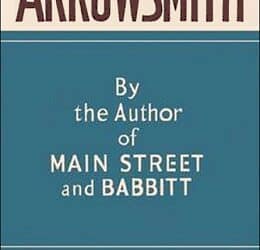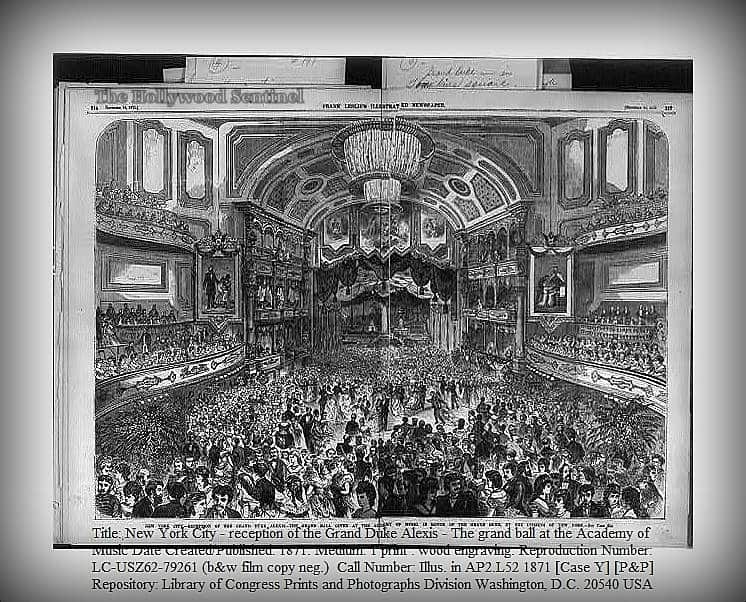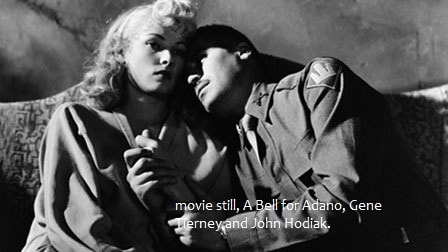Art and literature editor of Hollywood Sentinel, Moira Cue is reviewing, in no particular order, every Pulitzer Prize Winning Novel ever written. An award winning artist, Moira was an undergraduate and graduate student at The School of the Art Institute of Chicago.

The Sympathizer
By Viet Thanh Nguyen
It took me two days to read “The Sympathizer,” the debut novel of Viet Thanh Nguyen, recipient of the 2016 Pulitzer Prize for Fiction. If there was a film noir set in Vietnam and Los Angeles during the liberation of Saigon and the aftermath of the Vietnam War, it would be based on this book. Like in film noir, this story is chock full of seedy characters, double-crossing lovers, homicides, and moral ambiguity. The protagonist is a Communist sympathizer who serves the Revolution as a mole to a Vietnamese general. He learns, from a CIA agent named Claude, how to torture suspected Communist agents.
The book is written as a long flashback confessional (a technique which lends itself to cinematic expression). We know that the nameless author has been caught and exposed. All that remains to be seen is how things went wrong, and if he will escape his captors. He is not a good guy, but, like a tough talking, quick-tempered Humphry Bogart character, he emanates cool. You root for him, but at the same time, you keep thinking “he’s gone too far this time,” a little like Walter White in “Breaking Bad.”
The narrator was the love child of a teenaged maid and a French priest. Vietnamese society never let him forget he was second class. His two best friends from childhood were the only people who mattered to him because they stood up for him when a childhood bully taunted him about his mother and father. Later on Bon, an American émigré’ who volunteers to assassinate suspected Viet Cong, and Man, who mentors the author in revolutionary ideology, take opposite sides (although Bon doesn’t know it, because Man, like the author, is undercover).
The plot becomes increasingly surreal as the author struggles with being two different people—an Occidental and an Oriental, expressing far-right ideology, while in actuality, a closet Communist.
While I won’t indulge in any spoilers, I will say that the book also reminds me of two my other favorite Pulitzer Prize winners, “A Good Scent From a Strange Mountain,” which also covers the post-war Vietnamese diaspora, and “The Orphanmaster’s Son,” set in North Korea, which illustrates the traumatic effect of state-sponsored, systemic human rights violations. Very dark, rapid paced, super smart, and sometimes, unexpectedly funny, this is a book you won’t want to put down once you pick it up.
This content is ©2019, Hollywood Sentinel, Moira Cue, all world rights reserved. Visit www.MoiraCue.com







